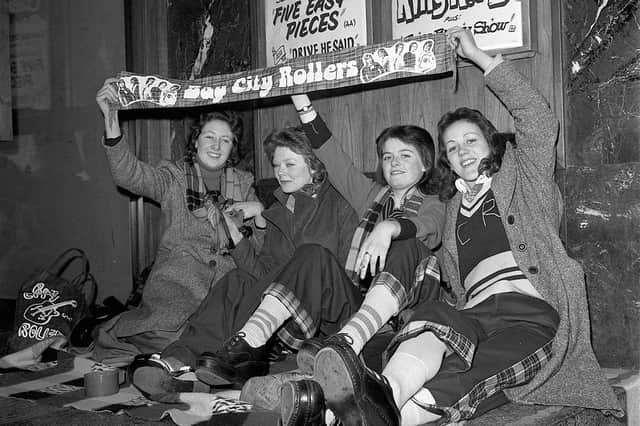The pace of change in pop culture in the 1970s was lightning fast and you needed to have your finger on the pulse of society to keep up.
From psychedelia and glam rock in the early part of the decade, through to heavy rock, Rollermania, disco and punk, there seemed to be an endless number of highly-fashionable ways to shock and rebel against your parents and provoke the eternal comment: "There's no way you're going out dressed like that.”
British gig culture was in its golden age. Venues such as Greens Playhouse - later the Apollo - in Glasgow, and the Empire in Edinburgh were regularly packed to the rafters to greet the biggest acts in the business.
The ballrooms and dancehalls of yesteryear were on the way out, to be replaced by modern discotheques and nightclubs more in common with what we have in the 21st century.
Musically, it was a diverse decade, but the biggest Scottish popular cultural export, without question, was the Bay City Rollers.
Formed in Edinburgh, the band had been on the go since the 1960s, but was now operating with a new pop-focused line-up and were on a mission to capture the hearts and minds of teenagers around the world.
In response to the group's incredible popularity in the UK, they soon gained ultimately unfair comparisons to The Beatles and the term Rollermania was coined.
By late 1975, the Rollers had conquered Japan and the States and had somehow convinced an entire generation of teenage girls from Osaka to Ohio and everywhere in between that a clan scarf and pair of tartan trews were must-have items of clothing.
The Rollers sold a reported 120 million records worldwide, but famously the main band members would see very little of the money they had earned.
Just around the corner, however, was a musical movement that was the polar opposite of Rollermania and would have a far greater and more profound impact on youth culture in the long term.
When punk hit in 1976, it revolutionised Scotland' s youth in a manner that has never been witnessed before or since and if parents had been fearful of the fashions promoted by the likes of David Bowie and Marc Bolan, they had seen nothing yet.
A message from the Editor:
Thank you for reading this article. We're more reliant on your support than ever as the shift in consumer habits brought about by coronavirus impacts our advertisers.
If you haven't already, please consider supporting our trusted, fact-checked journalism by taking out a digital subscription at https://www.scotsman.com/subscriptions.
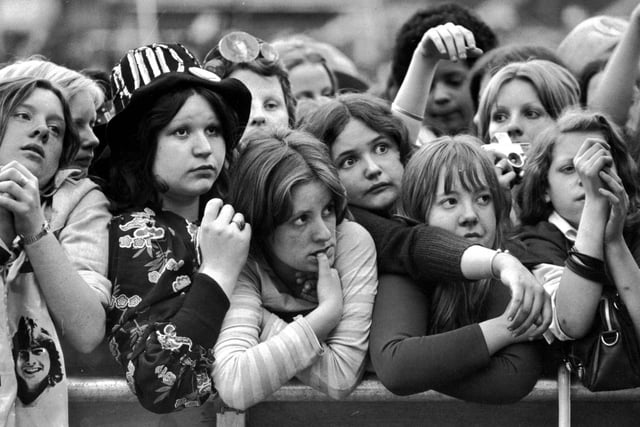
1. David Cassidy fans
Teenage girls at a David Cassidy concert in May 1974 - security staff had to lift them over the barriers and some girls were hurt during the show. Photo: Travis
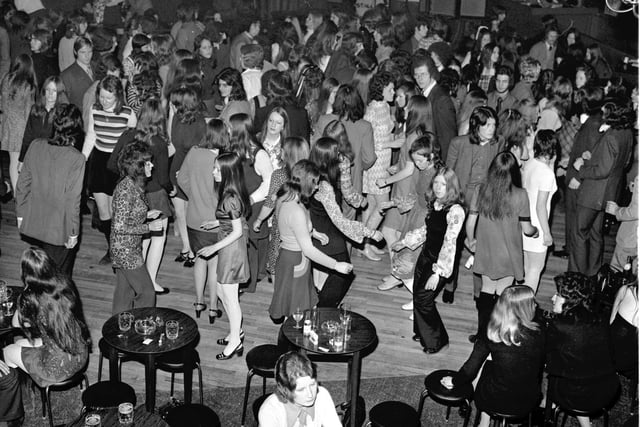
2. White Elephant
Dancing at the White Elephant discoteque at Fountainbridge in Edinburgh January 1972. Photo: Bill Stout
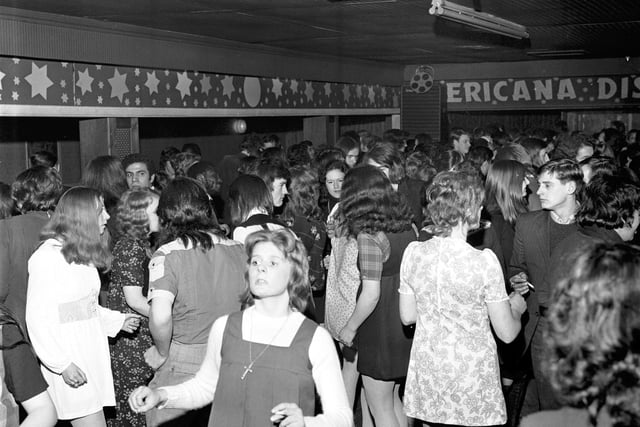
3. The Americana
People dancing at the Americana discoteque in Semple Street Edinburgh, january 1972 Photo: Bill Stout
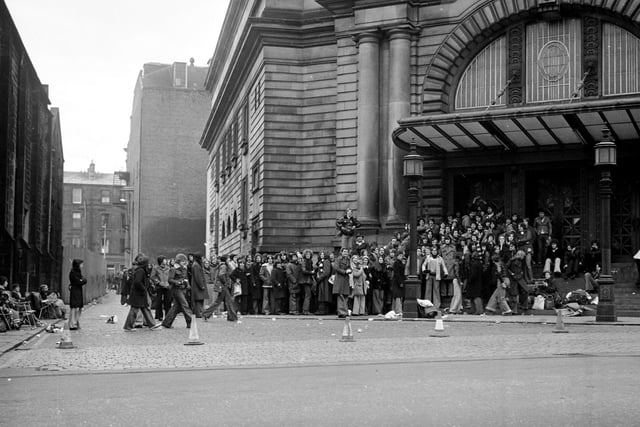
4. Elton John fans 1976
Elton John fans queued for hours to get tickets for his concert at the Usher Hall in Edinburgh february 1976. Photo: Stan Warburton
